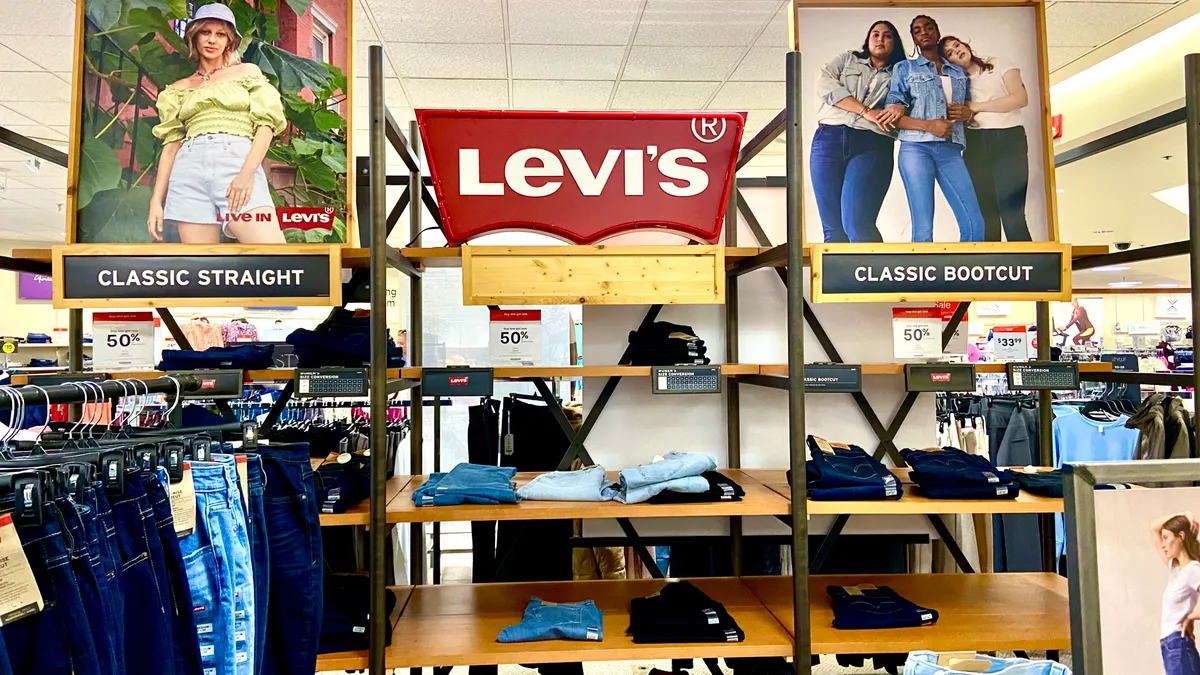Editor's Note: The following is a guest post from Robert L. Ortbals, Jr., a partner at labor and employment law firm Constangy Brooks, Smith & Prophete LLP’s St. Louis office.
New York’s City Council is considering a package of bills to provide scheduling protections for retail workers. The practical impact of these proposals will bring near-term gains for some retail employees at the expense of others, and create substantial compliance difficulties for their employers.
For starters, unlike recent San Francisco and Seattle laws that apply to larger retailers, New York City’s proposal covers retail businesses with five or more employees. Full-time, part-time and temporary employees are counted, and averages are based on the number of weekly employees who worked in the preceding year — meaning smaller retailers who regularly operate with fewer than five employees, but ramp up employment during the holiday season, will have to determine whether these seasonal additions skew their employee average to five or above. Chain retailers must also count total employees across all locations.
The proposal also bans retailers from using on-call scheduling and restricts them from modifying employee schedules with less than 72-hour notice. While the practice of on-call scheduling has received much recent scrutiny, its elimination will likely have minimal impact on retailers: The same analytic and scheduling software tools used in on-call scheduling will be used to project scheduling needs, with any lost precision likely to be made up by retailers erring on the side of running leaner shifts.
The more problematic issue is the proposed 72-hour notice rule, which would prevent retailers from cancelling scheduled hours or requiring employees to work on less than three days’ notice. As proposed, there are exceptions allowing employees to mutually agree to swap shifts or to consent in writing to working on less than 72 hours’ notice. But employees will remain free to call off work on less than 72 hours’ notice, likely putting retailers in significant binds.
Adding difficulty to the situation in which a supervisor is trying to address an unexpected absence without requiring another employee to fill in is that there is no guidance within the proposal defining when an employer crosses the threshold from “request” to “require.” For example, does a supervisor calling an employee whose co-worker just called off and stating that it would be “really helpful” if the employee came in and covered the shift constitute a requirement? We don’t know. Retailers, who will be faced with a minimum $500 penalty per violation, likely will err on the side of obtaining written employee consent or otherwise leaving the shift unfilled.
New York City’s proposal also requires retailers to provide employees at least 20 working hours during any 14-day period. The 20-hour requirement can be offset by any hours the employee elects to take as paid or unpaid leave during the period. This requirement will ultimately benefit some retail employees at the expense of others: Part-time or flex workers who commit to working a certain number of hours on a quarterly or other basis will be eliminated. Retailers will likely carry fewer employees on their payroll and will have even less flexibility in covering unexpected absences.
The proposal is also unclear as to what constitutes leave for offsetting the 20-hour requirement. Is an unexpected absence the same as an unpaid leave? Usually, employment laws treat absences and leaves as distinct concepts, but here, clarity is needed where retailers likely will be faced with call-offs placing workers in danger of missing the 20-hour requirement.
Retailers will additionally be required to post physical copies of work schedules and to provide previous and current schedules to employees on request — requiring many retailers who have long since moved to entirely electronic scheduling to revive the antiquated practice of creating and posting a physical schedule (or face a $300 penalty for failing to do so).
While these are New York City’s retail-specific proposals, they are not the only proposals that may impact retailers. The city is simultaneously considering proposals that would impact scheduling and work requirements for fast-food employees. These requirements are different than the requirements for retail employees, but retailers who offer in-store food or beverage service will have to evaluate whether those services constitute fast-food establishments. In many cases, they likely will, meaning that retailers may have to operate under different compliance requirements in a single store for their retail and fast-food employees.
Additionally, legislators are considering proposed employee rights to flexible work arrangements and temporary, emergency adjustments to work schedules that would apply to all NYC employers and will create new compliance requirements that retailers will have to consider and implement in conjunction alongside retail-specific proposals.
New York City’s proposals come at a time when the retail industry is in a state of upheaval, as gains are overwhelmingly occurring online and in-store traffic has rapidly declined. Many brick-and-mortar retailers are already investing to integrate their customers’ physical and online shopping activity, and as the in-store experience evolves, merchants will continue to evaluate in-store staffing needs. The decreased scheduling flexibility coupled with the increased compliance burdens and legal risks created by the city’s proposals may compel these changes even sooner.





















